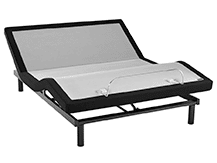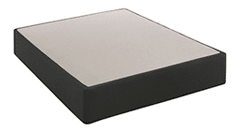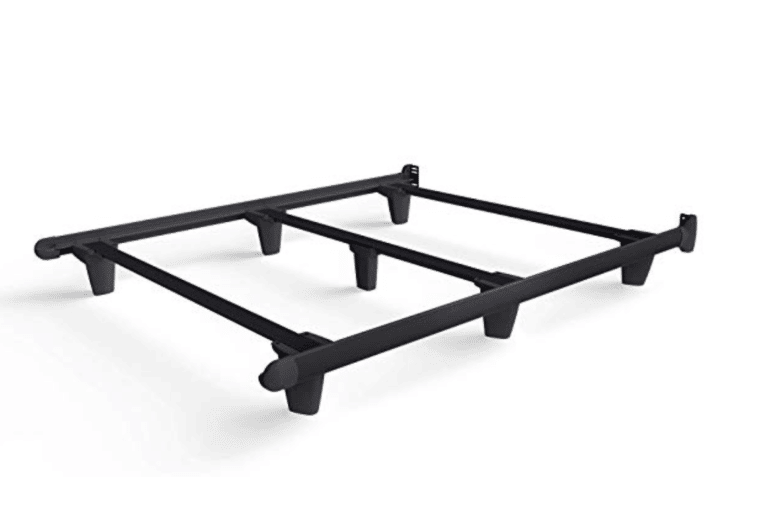
There are few words that are inseparable as “elusive” and “sleep.” Despite all the advances in science, the question of when it’s best to turn in is still debated across the world. Most people tend to sleep during the hours that are most practical for their professional and personal lives. Their alarm clock goes off in accordance with their responsibilities and commitments, whereas when they retire at night often depends on their personal preferences and evening activities. But is this the best formula for the most restful sleep?
It’s a well-known fact that most adults need seven to nine hours of sleep per day. Calculating just how to get that amount is not so obvious. For example, if you need to get up at 7:00am, you can subtract eight hours and have a set bedtime of 11:00 pm. And while this is a good guide in theory, it is not foolproof in assuring you will be well rested. Some people are morning folks, while others are creatures of the night, and still others are somewhere in between the two. What you identify with depends on your individual circadian rhythm, essentially a 24-hour internal clock that regulates sleepiness, alertness, and various bodily functions.
That being said, there’s no one-size-fits-all schedule that suits everyone. The best approach? Match your sleep times to your body’s rhythms and get the seven to nine hours of sleep that you need regularly.
Bear in mind there are windows of opportunity, starting with a bedtime between 8:00pm and 12:00am. With that window and your wake-up time in mind, it’s a good idea to experiment with variations in schedule and see what works well for you. For instance, if you find yourself waking up an hour before your alarm rings, try turning in a bit later. Using the same strategy, if you go to bed and find yourself lying awake, staring at the ceiling for more than 20 minutes, you may be trying to go to sleep too early. Conversely, if you find yourself struggling to keep your eyes open until the bedtime you’ve set, try moving it a bit earlier.
It is important that once you determine the best hours of sleep that work for you to keep them consistent during both weekdays and weekends, helping to keep your body’s internal clock working on schedule. This will make it easier for you to fall asleep and stay asleep each night and get the deep, refreshing rest that will help you be your best self at work or play.
Dr. Matt Walker, head of the Sleep and Neuroimaging Lab at the University of California, Berkeley, says your sleep quality does fluctuate as the night wears on.
“The time of night when you sleep makes a significant difference in terms of the structure and quality of your sleep,” he explains.
Your sleep cycle is actually composed of a series of 90-minute cycles during which your brain switches from deep, non-rapid eye movement (non-REM) sleep to REM sleep. “That 90-minute cycle is fairly stable throughout the night,” Walker explains. “But the ratio of non-REM to REM sleep changes.”
Walker says that non-REM sleep tends to dominate your sleep cycles in the early part of the night. But as the clock inches toward the dawn hours, REM sleep takes over. That’s significant, because research has suggested that non-REM sleep is deeper and more restorative than lighter, dream-infused REM sleep—though Walker says both offer important benefits.
So, what does this have to do with establishing the perfect bedtime? The shift from non-REM to REM sleep happens at certain times of the night despite when you go to bed, Walker says. So if you trundle off to bed at say, 2am, your sleep will gravitate toward lighter, REM-heavy sleep. This reduction in deep, restorative slumber may leave you groggy and foggy the following day.
That research is unfortunate news for nightshift workers and others with unpredictable sleep-wake routines, because they can’t sleep efficiently at odd hours of the day or night, Walker says. Not surprisingly, shift work has been linked to heart attack, obesity, a higher rate of premature death and even reduced brain function.
In one study, people who worked evenings had lower scores on standardized tests of memory and processing speed than those who didn’t —and people who had ten years or more of shift work experience had cognitive deficits that equaled about 6.5 years of cognitive decline!
Dr. Allison Siebern, associate director of the Insomnia & Behavioral Sleep Medicine Program at Stanford University, adds that your optimum bedtime will also change as you get older. While children have a tendency to be most tired early in the evening, the reverse is true for college-aged adults who may hit the sack around or after midnight. Post college, your best bedtime will likely get earlier and earlier as you age, Walker says. And again, all of this is set by your individual biology.
While there are many strategies for getting a great night’s sleep, including establishing a consistent sleep routine, having the right mattress is also important. That’s where the friendly, professional Sleep Specialists at Mattress World Northwest in Portland, Oregon, come in. They can help you test drive a variety of mattresses in a Mattress World showroom and select the best one for your needs and budget. We carry top brands, including Sealy Posturepedic, Aireloom, and Beautyrest. Visit us today and take advantage of our latest great sales and free delivery!
« Surprising Causes of Hip Pain | Do Mattresses Really Double in Weight in 10 Years? »
While you can't go wrong with any of our mattresses, here are a few factors you'll want to consider before making a purchase: your sleep position (and if you have a partner, theirs as well), the size of the space, and a price point. If you have any questions, rest easy knowing that our team is happy to help you find that perfect fit.
| Size | Dimensions |
|---|---|
| Twin | 38″ wide x 75″ long x 9.25″ tall |
| Twin XL | 38″ wide x 80″ long x 9.25″ tall |
| Full | 54″ wide x 75″ long x 9.25″ tall |
| Queen | 60″ wide x 80″ long x 9.25″ tall |
| King | 76″ wide x 80″ long x 9.25″ tall |
| Cal King | 72″ wide x 84″ long x 9.25″ tall |
| Split King (2pk) | 38″ wide x 80″ long x 9.25″ tall |
Mattress World Northwest makes it easy to choose the right foundation for your space and lifestyle.



Reliable support for your boxspring and mattress.
